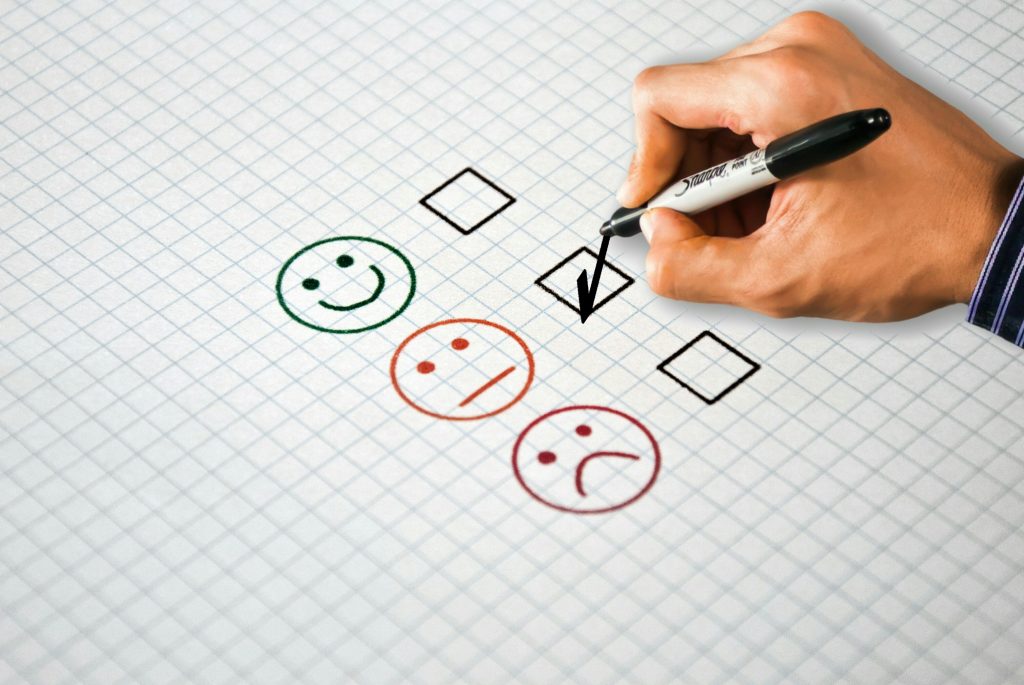Chinese cities are piloting social credit schemes where people are rated from ‘model citizen’ to ‘untrustworthy’ and get associated rewards and restrictions.
If you’ve ever taken an Uber or reviewed a restaurant on TripAdvisor, you’ll already be familiar with how virtual ratings can have real-life consequences. Uber fires drivers with multiple bad ratings. Customers shun eateries with below-average scores. This could be seen as a good thing - saving us dangerous drivers and inedible entrees. But critics point out that ratings can be biased or unfair, and destroy people’s livelihoods.
Now China is taking things a step further. It’s experimenting with rating people on how ‘good’ a human being they are. You move up the scale by doing things like being a hardworking employee and donating blood. You move down when you default on loans or commit crimes.
Top-rated citizens get rewards like discounts on public transport and healthcare. The punishments for lowly-rated people haven’t been fully defined (or disclosed) yet. But China has suggested a good model could be its current ‘blacklist’ system for people who fall foul of its courts. Blacklisted people are banned from working certain jobs, buying train tickets and staying in nice hotels.
Some people might say that such a system is good for the economy because it encourages behaviours that strengthen society. And they might think it's fair to allocate economic resources like heathcare by societal contribution. (It's fairer, perhaps, than allocating them by wealth, which is the current default in many countries).
But many others will find this sort of system invasive and unfair. A lot of human rights activists are uncomfortable with treating some people as better than others, especially based on arbitrary value judgments.
Of course, it could be argued that societies already make arbitrary value judgments about people's worth, so at least China's system brings visibility to the social capital exchanges that we’re already making. Perhaps it'll even make our economy more transparent.
Read our explainer on: the role of governments.

